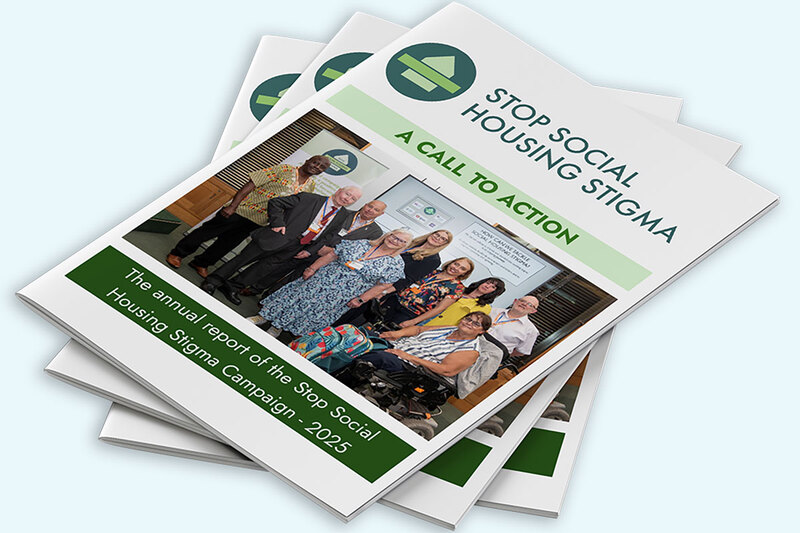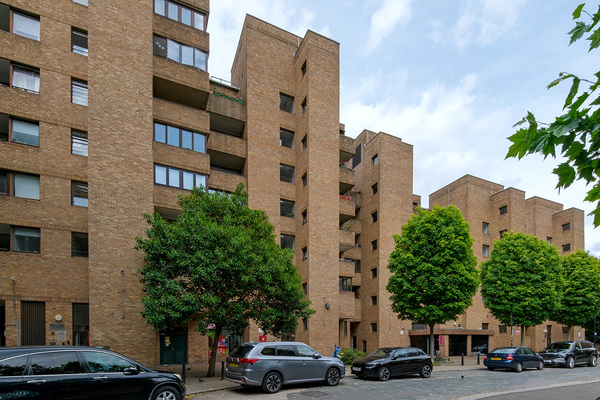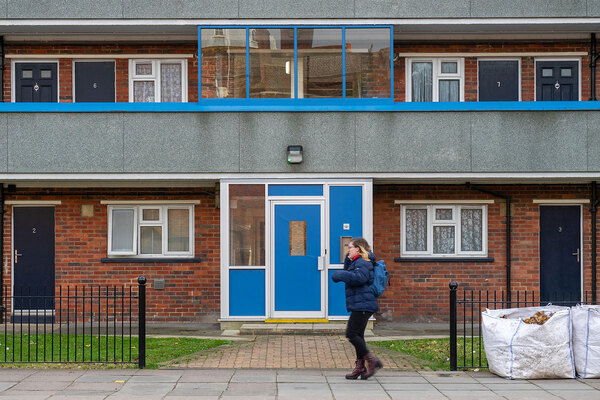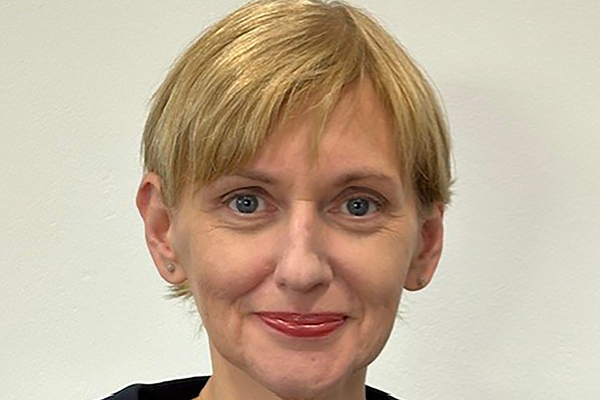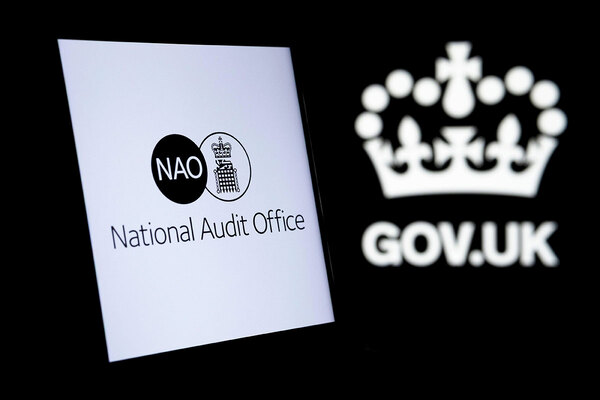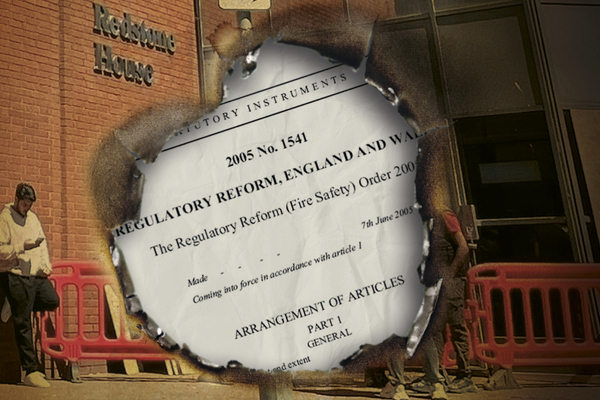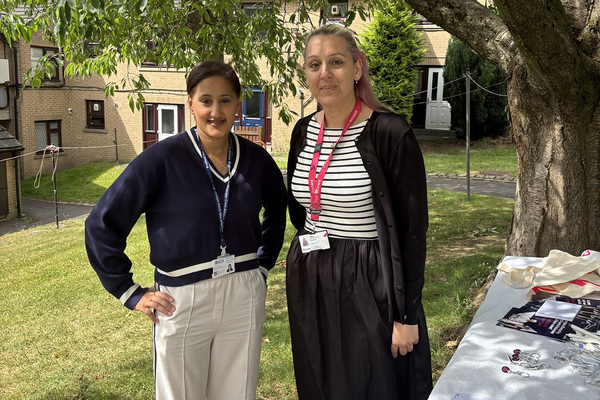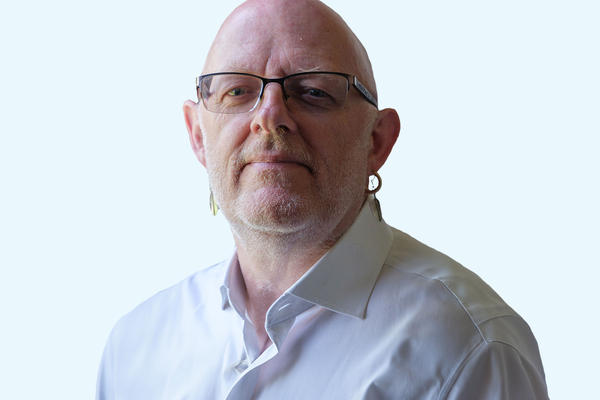You are viewing 1 of your 1 free articles
More than two-thirds of tenants feel stigmatised for living in social housing, national survey finds
Interim findings from campaign group Stop Social Housing Stigma’s national tenant survey have revealed that more than two-thirds of tenants feel stigmatised living in social housing.
The survey, which was launched in July and includes responses from 1,460 social housing tenants, also found that over half (53%) of tenants feel stigmatised because of the actions of their landlords. However, more than 27% said they trusted their landlord “a lot” or “a great deal”.
More than two-thirds (69%) think the government has done little or nothing at all to address this stigma.
SSHS is calling on tenants, government, senior housing professionals, the media and civil society to come together with them to drive cultural transformation across communities.
Nic Bliss, campaign director at SSHS, said: “The figures we are receiving from the national tenant survey are shocking. Two-thirds of social housing tenants are saying they feel stigmatised, more than half because of something their landlord is doing.
“Despite commitments made post-Grenfell that the government would take action to tackle stigma, two-thirds of social housing tenants are saying they feel that the government has done little or nothing about it.
“We all share a responsibility to tackle social housing stigma. No one can think it right that social housing tenants should feel like the underclass. Our call to action is to everyone. Most importantly, the government needs to take responsibility for leadership.
“The government needs to get across to the housing sector and to the general public that social housing stigma is wrong, with the same vigour [with which they have celebrated] homeownership in the past.”
Jo Allen, head of member relations at the National Housing Federation, said: “Housing associations are committed to creating positive relationships with tenants and investing in the people and the communities they work in. However, we recognise there is more work to do to achieve an inclusive social housing system.
“This is why we have supported Stop Social Housing Stigma’s journey planner and would encourage all of our housing association members to use this valuable tool to tackle social housing stigma by working alongside residents.”
The survey also included questions on the impact of the Regulator of Social Housing (RSH) and the Housing Ombudsman.
On the issue of how the RSH is tackling stigma, just 5% of respondents felt it had “done a lot”, and just under 39% felt it had “not done very much” or “done a little”.
In response, a spokesperson for the RSH said: “Our consumer standards set out clear expectations for landlords to ensure tenants live in safe homes of good quality and are treated with fairness and respect.
“We will continue to push landlords to tackle this issue and will take action if they fail to meet the outcomes of our standards.”
Just over a week ago, the RSH published the tenant satisfaction measures for 2024-25, which surveyed nearly half a million tenants to find out how satisfied they were with their landlord.
The headline results from 360 large landlords are broadly similar to last year, with overall average satisfaction increasing by half a percentage point for social tenants to 71.8%, compared to 71.3% last year.
In the SSHS survey, the same question was posed about the ombudsman: 7.4% of tenants felt it had “done a lot”, and 36.5% felt it had “done not very much” or “done nothing”.
The ombudsman backed the establishment of a national tenant body for the first time in May this year. One of its own reports also set out how poor communication can lead to the stigmatisation of tenants.
Richard Blakeway, the housing ombudsman, said: “Stigma in social housing must be tackled wherever it is found.
“This is one of the reasons we called for a national resident representative body in our latest Spotlight report, to tackle issues such as this and give residents a voice to influence change.
“Stigma is sometimes overt in our casework but more often it is unconscious, [resulting in] poor communication or missed appointments. We have called out both in our reports, but there is more everyone in the sector can do.
“We will engage with our resident panel on these important findings so we can play our part in addressing this challenge.”
SSHS’s Yaw Boateng, Sally Trueman and Nic Bliss, together with Daisy Armstrong and Michael Verrier from the group’s partner organisation, the G15 Residents Group, met with Baroness Taylor of Stevenage to launch the survey earlier this month.
Baroness Taylor, parliamentary under-secretary of state at the Ministry of Housing, Communities and Local Government, made clear her resolve to see stigma tackled.
She also agreed to an ongoing dialogue with SSHS and the G15 Residents Group to track progress on stigma, and she suggested that the two groups could be involved in working with ministerial officials on a stigma component in the Competence and Conduct Standard.
Research by the G15 Residents Group from earlier this year found that nearly half of London’s social renters have experienced prejudice because of their housing status.
Of the tenants surveyed, 35% were from a local authority, 61% a housing association and the rest from a housing co-op or “other” type of housing.
Sign up for our tenancy management newsletter
Already have an account? Click here to manage your newsletters
Latest stories
